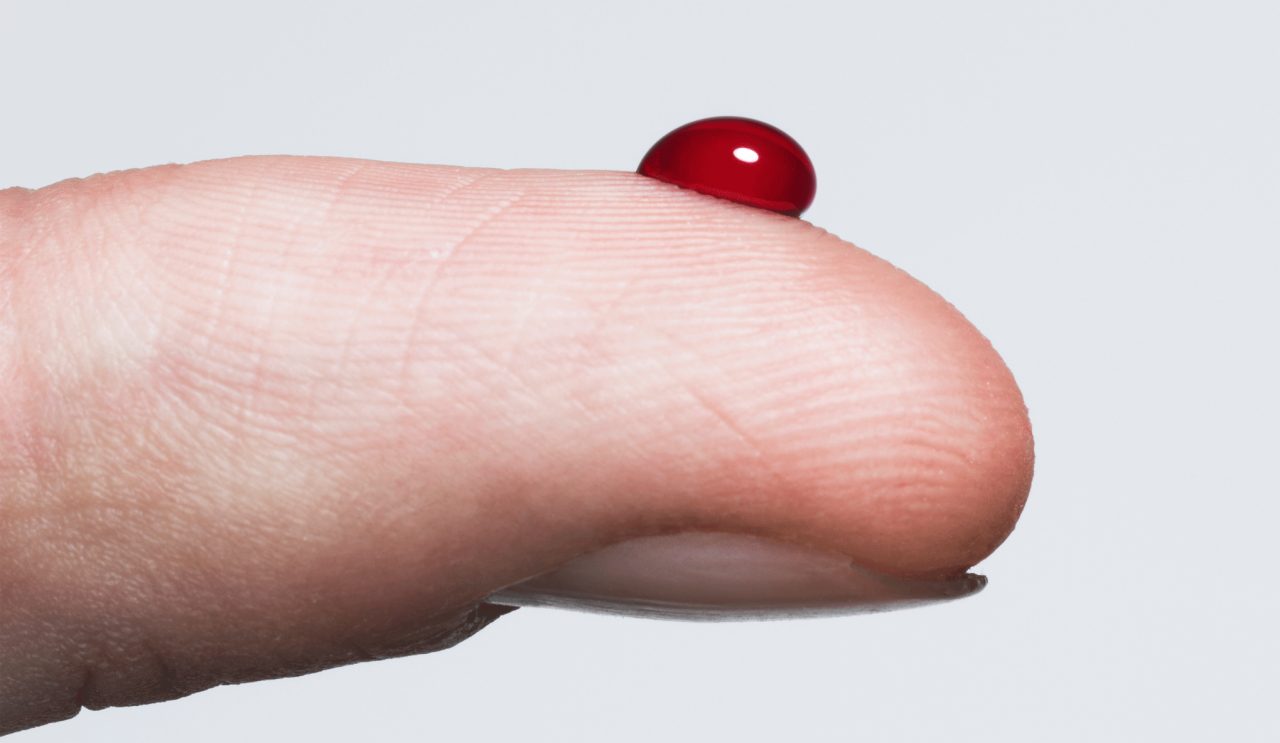Why You Should Lower Your Blood Sugar

High blood sugar levels raise your health risks even if you’re not diabetic; they may be especially dangerous to your heart, blood vessels, and kidneys.
If your doctor says you’re prediabetic, you might not launch into action. Prediabetes doesn’t sound as scary at actually having type 2 diabetes.
But if you fall into the prediabetic range, you’re more likely to develop type 2 diabetes, and long-term damage — especially to your heart, blood vessels, and kidneys — may already have begun.
Your risk of vascular dementia goes up by half, compared to people with normal blood sugar, according to a study of nearly 450,000 British people aged 40 to 69. Your risk of cognitive decline is also higher.
High blood sugar can lead to memory loss and poorer processing speed, attention, concentration, and executive functions.
YOU MIGHT ALSO LIKE: What Is the Normal Range for Blood Sugar?
What blood sugars levels are too high?
If you give blood after fasting overnight, a blood sugar level of 99 mg/dL or lower is normal. From 100 to 125 mg/dL puts you in the prediabetes group. You have type 2 diabetes if your blood sugar is 126 mg/dL or higher.
You probably won’t notice any symptoms if you’re prediabetic. You might notice that your skin is darker on your neck, armpits, elbows, knees, or knuckles. But the lack of symptoms doesn’t mean you don’t have a problem.
What causes prediabetes?
Family history and genetics, an apple-shape body, and too little exercise all play a role. If you fall into the prediabetes range, sugar is building in the blood instead of doing its job, bringing energy to your tissues.
That sugar mainly comes from food; moving it out of your bloodstream requires the hormone insulin, which your pancreas secretes when you eat. But your pancreas sends out less insulin when your blood sugar is low.
When you have prediabetes, your pancreas may not be making enough insulin, or the cells are resistant to insulin and don’t take in as much sugar as they should.
What’s at stake? If you do go on to develop type 2 diabetes, your risk of Alzheimer's disease is twice the risk of someone with normal blood sugar.
You’re also at risk of heart disease, stroke, kidney disease, nerve damage, and vision problems. If type 2 diabetes gets bad enough, you might need part of your body amputated.
So, it’s important to be aware of the symptoms that suggest you have diabetes:
- Increased thirst
- Frequent urination
- Excess hunger
- Fatigue
- Blurred vision
What are the risk factors for prediabetes?
- Weight. Fatty tissue, especially inside and between the muscle and skin around your abdomen, makes your cells resist insulin. Men with waists larger than 40 inches and women with waists larger than 35 inches are likely to have insulin resistance.
- Diet. Eating red meat and processed meat, and drinking sugar-sweetened beverages, will up your risk. A diet that includes lots of vegetables, nuts, whole grains, and olive oil will protect you.
- Inactivity. Physical activity helps keep down your weight, uses up sugar, and makes your body use insulin more effectively.
- Age. Your risk goes up after age 45.
- Family history. If you have a parent or sibling with type 2 diabetes, your risk is higher.
- Race or ethnicity. Although it's unclear why, Black, Hispanic, American Indian, and Asian American people are more likely to develop prediabetes.
- Gestational diabetes. If you had diabetes while you were pregnant (gestational diabetes), you and your child are at higher risk of developing prediabetes.
- Polycystic ovary syndrome. Women with this common condition — characterized by irregular menstrual periods, excess hair growth and obesity — have a higher risk of prediabetes.
- Sleep. People with obstructive sleep apnea — a condition that disrupts sleep repeatedly — have a higher risk of insulin resistance.
- Smoking, high blood pressure, high triglycerides, and low HDL cholesterol combined with obesity to raise your chance of insulin resistance.
YOU MIGHT ALSO LIKE: Treating High Blood Sugar Symptoms and Foods That Lower Blood Sugar
Updated:
December 07, 2021
Reviewed By:
Temma Ehrenfeld